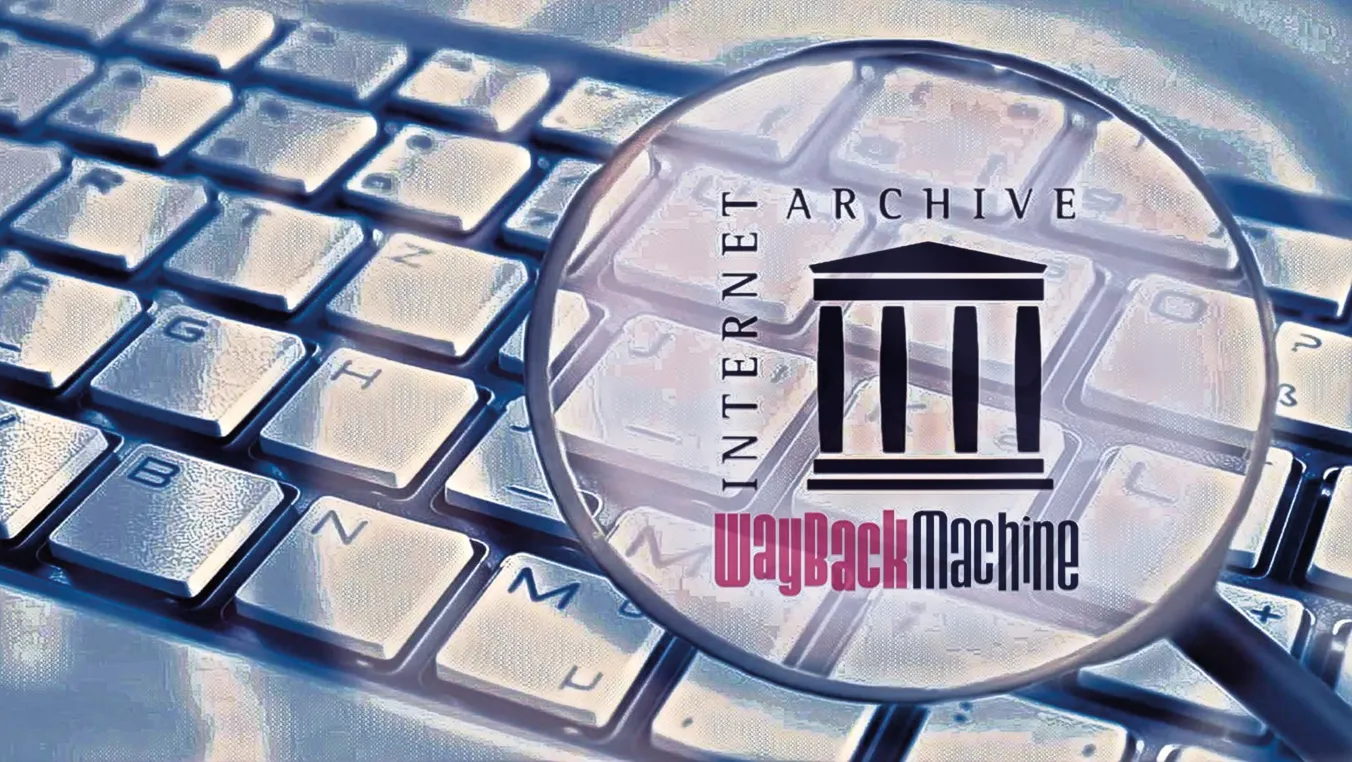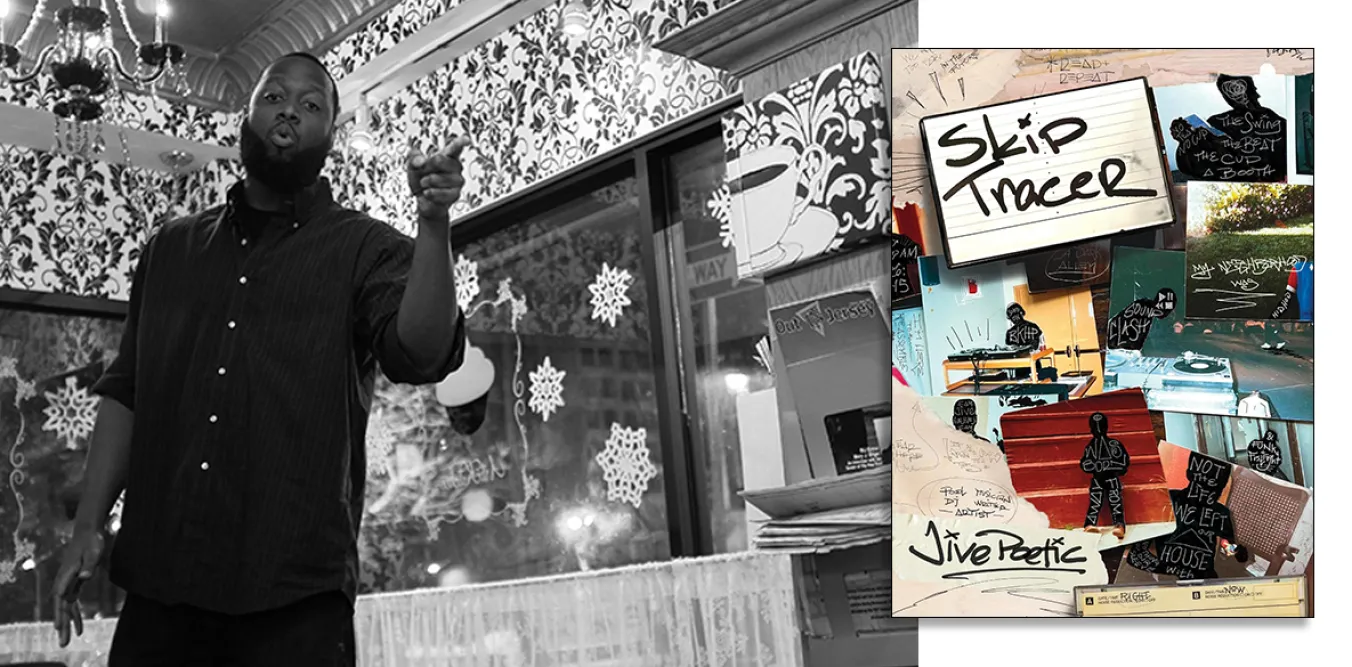
PERMANENT Record, Edward Snowden’s 2019 memoir, full of the seamy details of state corruption that can get a whistleblower in trouble, has just been released in a young readers’ edition.
It’s squarely aimed at a young readership and has all the stuff they love in a book — adventure, fighting tyrants, young love, righteous parental moral homilies, unspeakable mum and dad divorce, ideals turned dystopic — along with with a fascistic capitalism portrayed as a nearly indestructible cyborg.
The book follows Snowden’s childhood years through to September 11 terror attacks wake-up and how he became a whistleblower.[[{"fid":"28259","view_mode":"inlineright","fields":{"format":"inlineright","field_file_image_alt_text[und][0][value]":false,"field_file_image_title_text[und][0][value]":false},"link_text":null,"type":"media","field_deltas":{"1":{"format":"inlineright","field_file_image_alt_text[und][0][value]":false,"field_file_image_title_text[und][0][value]":false}},"attributes":{"class":"media-element file-inlineright","data-delta":"1"}}]]
Growing up, he loved Bulfinch’s Mythology, Aesop’s Fables and, of course, the tales of King Arthur’s court.
Of particular interest was the story of the “tyrannical” Welsh king Rhitta Gawr, “who refused to accept that the age of his reign had passed and that in the future the world would be ruled by human kings,” he writes.
When King Arthur puts an end to Gawr’s tyranny on Mount Snaw Dun, the young Snowden is delighted: “I remember the feeling of encountering my last name in this context — it was thrilling — and the archaic spelling gave me my first sense that the world was older than I was, even older than my parents were.”
Snowden describes how at at school, he skirted the rules to do minimal work in history class, only to be scolded by the teacher and told he must mind that such cleverness could become part of his “permanent record.”
This heralds the main theme of the book, that we all, unwittingly, have permanent records that the government and its partners — Google, Amazon, Facebook — keep on us, and are willing to lie about.
Arbitrarily, the government could one day use the information gathered against anyone in the future, perhaps even retroactively.
This brings to mind the warning of Congressman Frank Church in 1975, way before the internet’s arrival, that “the technological capacity that the intelligence community has given the government could enable it to impose total tyranny, and there would be no way to fight back.
“All agencies that possess this technology [must] operate within the law and under proper supervision so that we never cross over that abyss from which there is no return.”
Some say we have already crossed the abyss but Snowden seems to have a modicum of hope left for the next generation to reverse this negativity.
He contends that the US government let the US people down before and after September 11 — before, by ignoring warnings about an imminent threat and after, by “taking the gloves off” and creating a colossal surveillance state that threatens to eviscerate human privacy and with it consciousness and the ability to free think.
And he reveals the existence of “homo contractus,” a term used to describe government employees with top-secret clearance being poached by private companies to do the same espionage work for the same organisations — the CIA and NSA — subsidised by more taxpayers’ money and with no public scrutiny.
The mainstream media, Snowden argues, is in cahoots with the government, hiding what they are up to. Nine years before his whistleblowing revelations, the NYT quashed Pulitzer Prize-winning journalist James Risen’s article just before the 2004 presidential election that would have shown the Bush administration’s order to vacuum up US cyber data without a court order.
The programme was known as Stellar Wind and when Snowden learned of it and others such as Xkeyscore and Prism, he was inspired to reveal what he knew about the secret and unconstitutional malfeasance of his government.
Snowden’s concluding message to the heroes-in-waiting — the future class of democracy-lovers and whistleblowers — is explicit: “If we don’t reclaim our data now, future generations might not be able to do so … We can’t let the godlike surveillance we’re under be used to ‘predict’ our criminal activity.”
An excellent book, for children and parents alike.
Published by Pan, £9.99.












